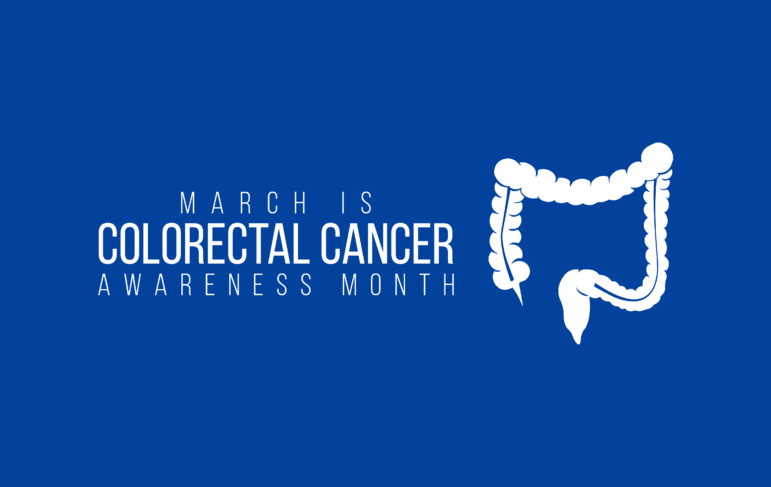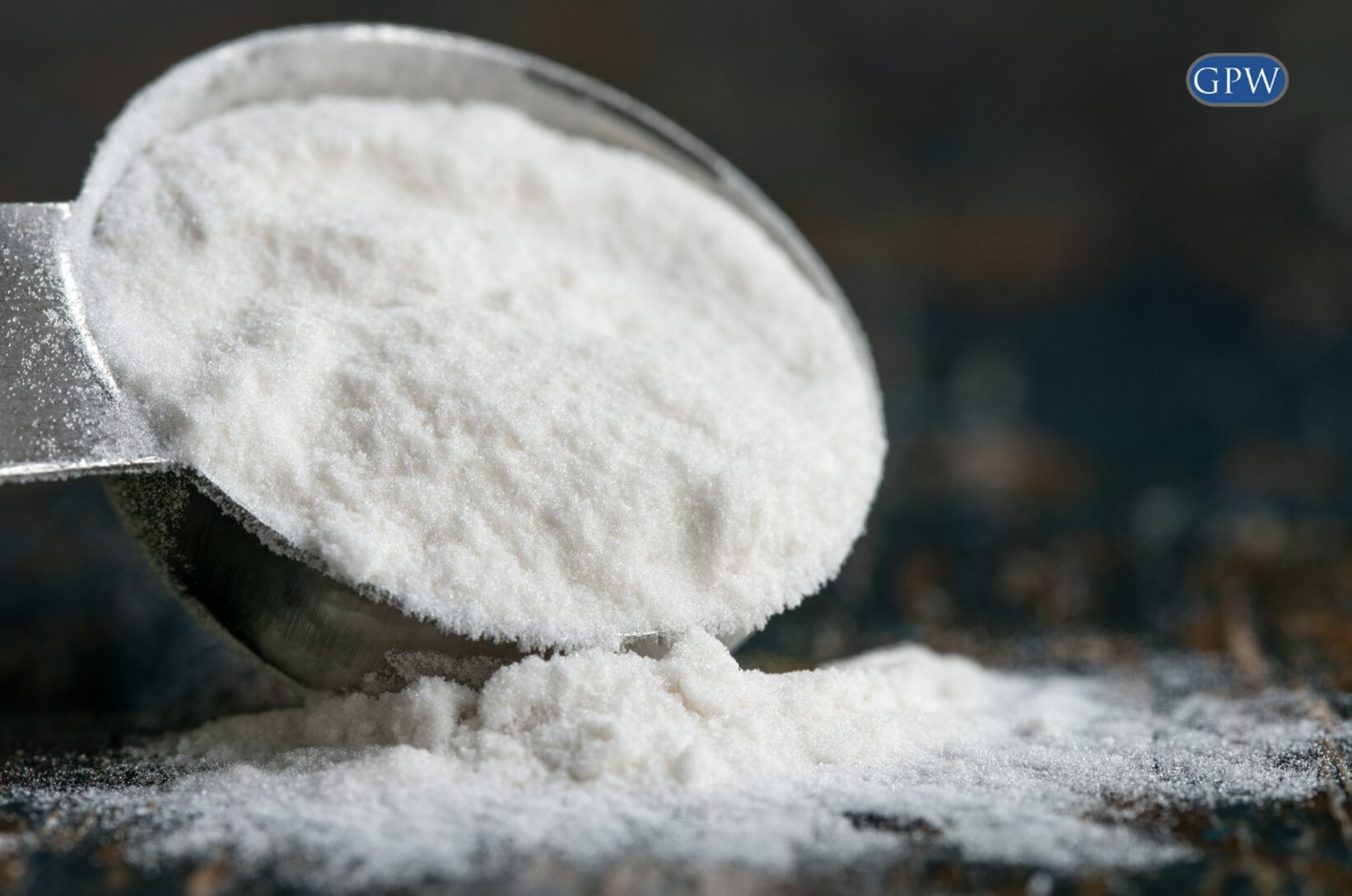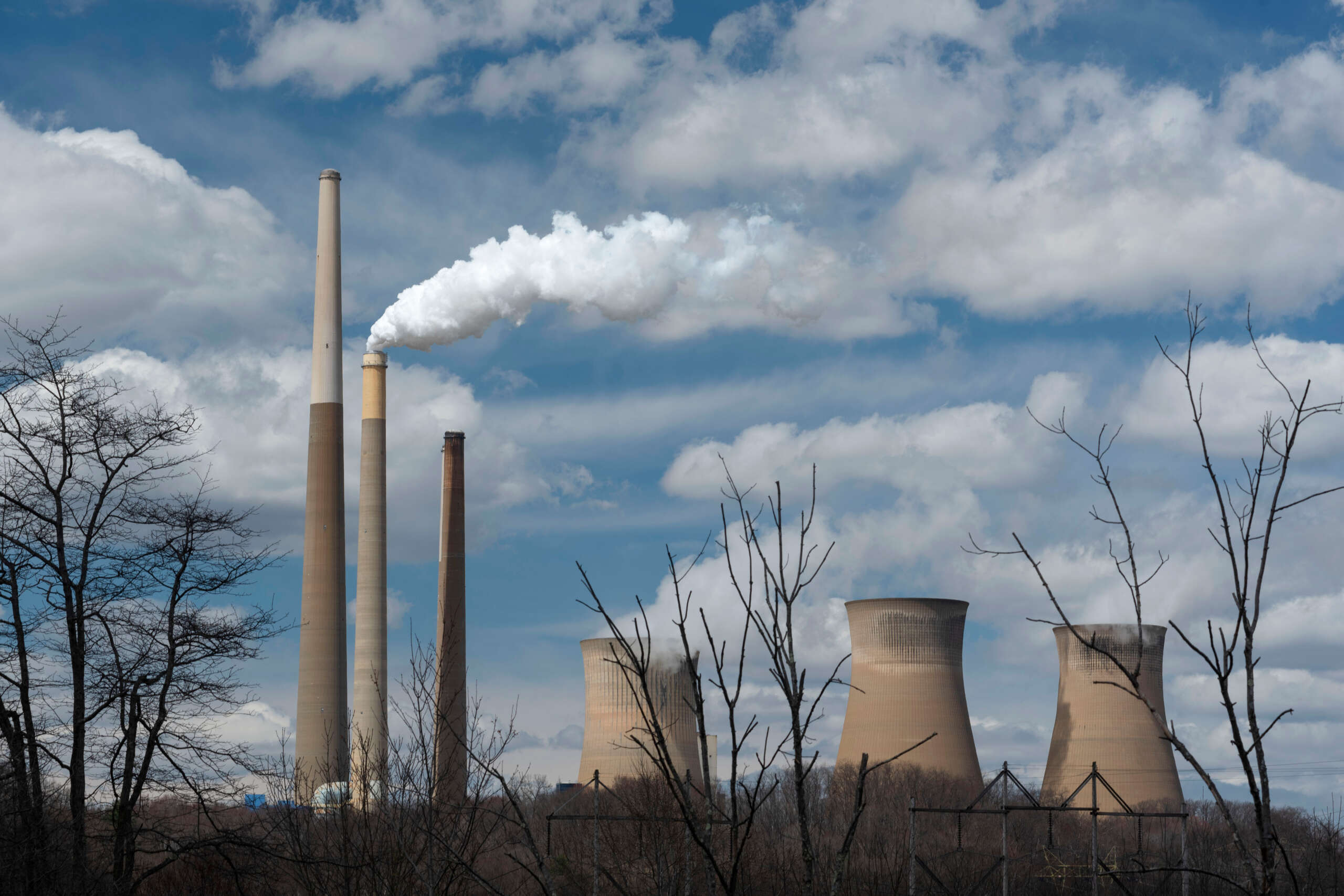Colorectal Cancer Awareness Month 2024
Colorectal cancer is on the rise in young adults. Colorectal cancer is the number one cause of cancer deaths for men under 50 and the number two cause of cancer death for women under 50. People born between 1981 through 1996 are twice as likely to have colorectal cancer compared to people born in 1950. It is not known exactly why there is such an increase in colorectal cancer in younger adults. It could be due to factors including diet, obesity, lack of exercise, tobacco and alcohol use, or exposure to chemicals.
At first, people with colon cancer usually do not have symptoms. When symptoms do appear, they depend on the cancer’s size and where it is in the large intestine. Symptoms include: a change in bowel habits, like more frequent diarrhea and constipation; rectal bleeding or blood in the stool; discomfort in the belly area like gas, cramps, or pain; the feeling that the bowel doesn’t empty all the way during a bowel movement; weakness or tiredness; and losing weight without trying. If you notice any lasting symptoms like these, speak to a health care professional.
There are multiple risk factors for colon cancer. One factor is older age. It can happen at any age, but most people are older than 50 when diagnosed. People who are black are also at a higher risk of being diagnosed with colon cancer compared to other races. A personal history is also a risk factor. This means that people who already have had colorectal cancer or polyps are at a higher risk of having the cancer again. Having inflammatory bowel diseases, which are conditions that cause pain and swelling of the intestines, also increase the risk of colon cancer. Conditions include ulcerative colitis and Crohn’s disease. People with inherited syndromes are also at higher risk of developing colorectal cancer. The syndromes include adenomatous polyposis and Lynch Syndrome.
People are also at a higher risk for colorectal cancer if they have a family history of it. Having one family member increases your risk while having more family members with it increases your risk even more. Having a low fiber, high fat diet also increases your risk of colorectal cancer. People who do not exercise regularly are also more at risk of developing colorectal cancer. Diabetes or insulin resistant individuals also have an increased risk of colorectal cancer. Obesity, smoking, and alcohol consumption are all risks for colorectal cancer. Radiation therapy for cancer can also cause colorectal cancer. People who have radiation aimed at the abdomen to treat cancers increase their risk of developing colorectal cancer. Chemicals and other carcinogens can also increase your risk. Asbestos, for instance, when ingested can move its way through the digestive tract and can become lodged in the colon or rectum. Over time, asbestos fibers cause DNA changes and inflammation, leading to the transformation of regular cells into cancer cells.
There are ways to lower your risk of developing colorectal cancer. The first way is to eat a variety of fruits, vegetables, and whole grains. All three have vitamins, minerals, fiber, and antioxidants, which all can help prevent cancer. Lowering alcohol consumption is also a good way to lower risk. Quitting smoking also lowers risk of colorectal cancer. Trying to get at least 30 minutes of exercise on most days can also help. Maintaining a healthy weight also helps with lowering risk of colorectal cancer. Finally, avoid carcinogens like asbestos. Avoiding carcinogens can help prevent cancers like colorectal cancer.




